Recycling Old Phones
October 3, 2012 in Daily Bulletin
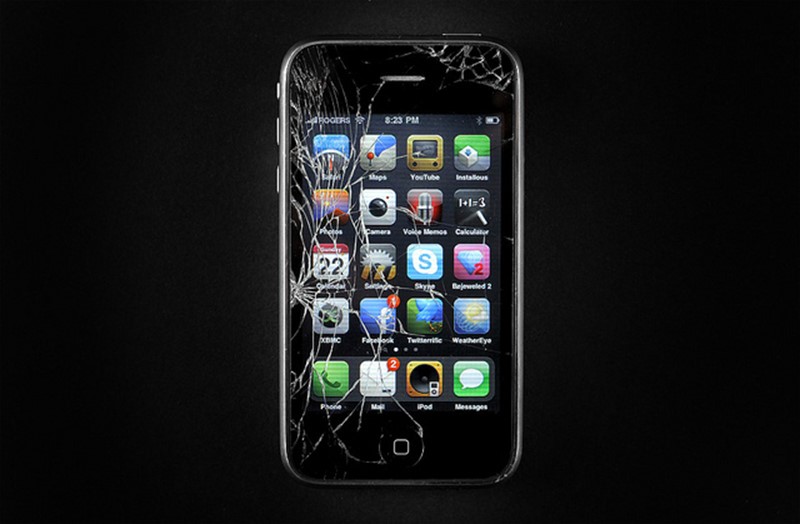
What do you do with all your old electronics? Put ’em in an EcoATM and you could make a few hundred dollars. Caroline Winter reported on a new startup that’s quickly gaining popularity:
- At an EcoATM you place your old phone in an ATM like box. Using cameras, lights and mirrors the machine then builds a 3D model of your device to determine how much it is worth.
- The EcoATM was developed with more than $31 million in funding.
- The machine asks you for your driver’s license number and thumbprint so that you can quickly be identified if you try to trick the machine.
- A quarter of the devices received can’t be refurbished or reused. They are sent to recyclers.
- Charities have begun to make use of the service. One church passed around a collection plate asking members to donate their old devices.
Read more about why people use the EcoATM over other recycling programs offered by companies such as Amazon, the humble origins of the machine, and what some of your old devices might be worth over here.
Source: Business Week


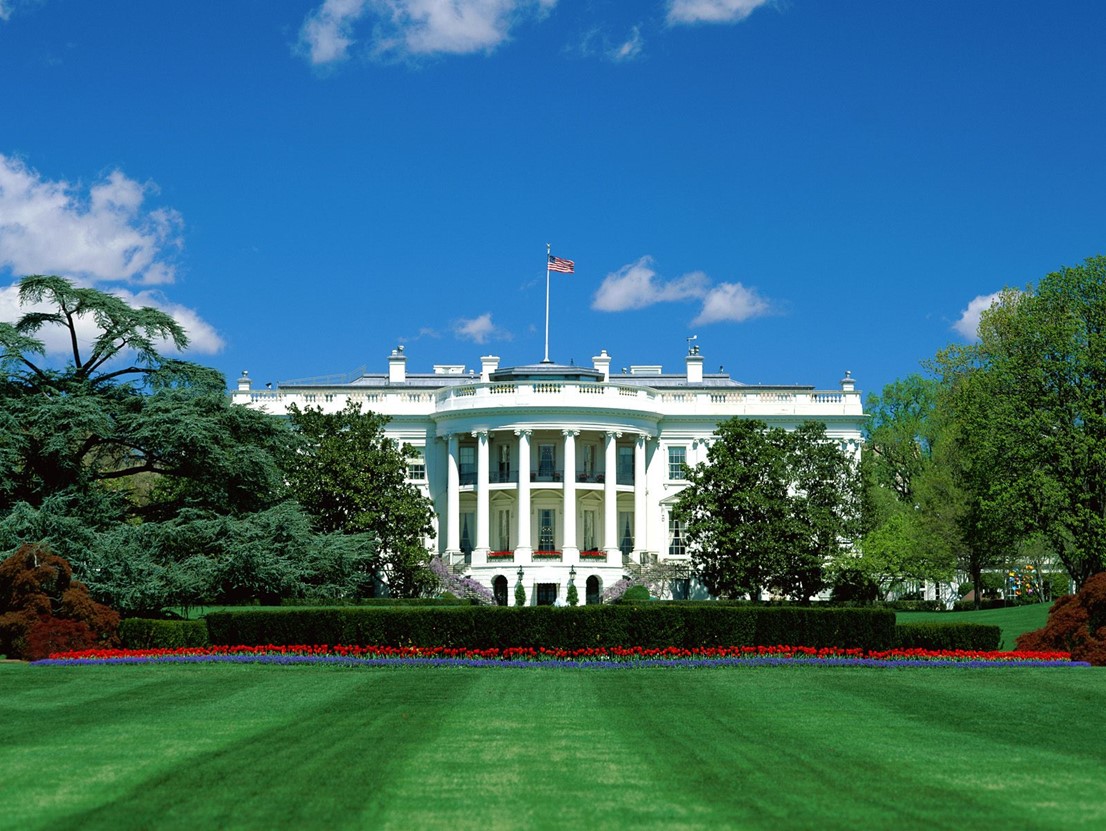
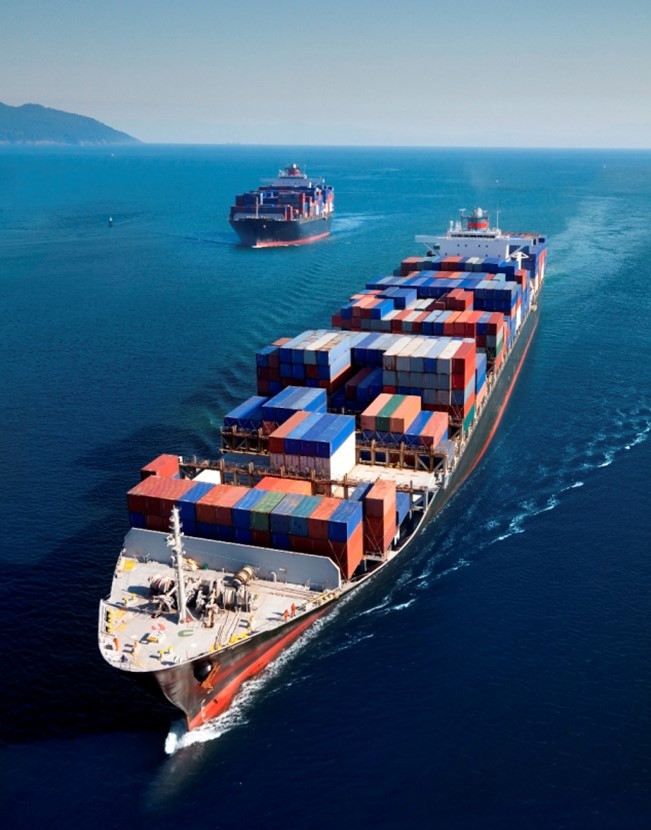
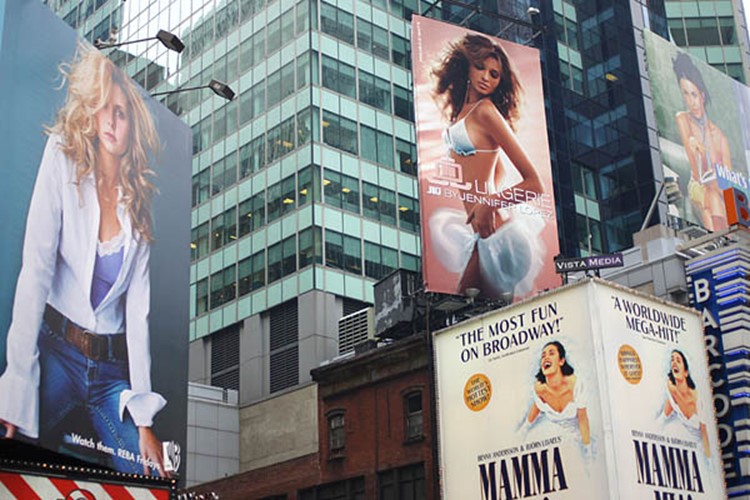



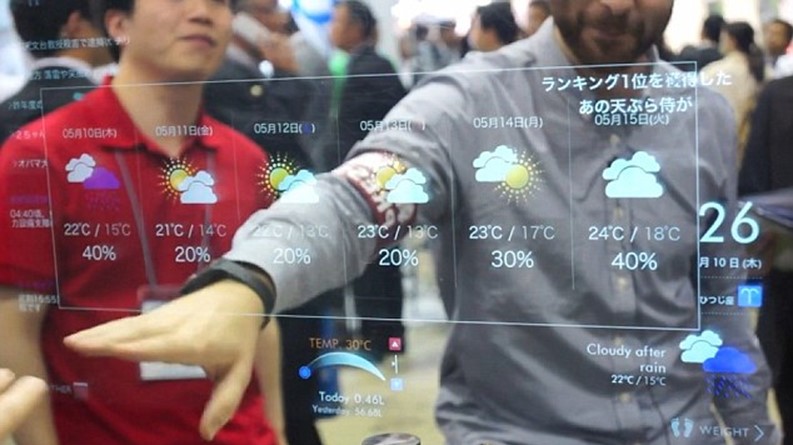
Join the Discussion! (No Signup Required)